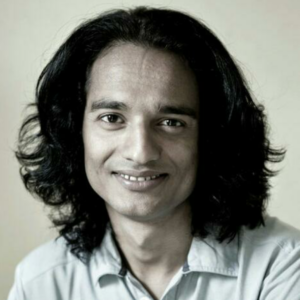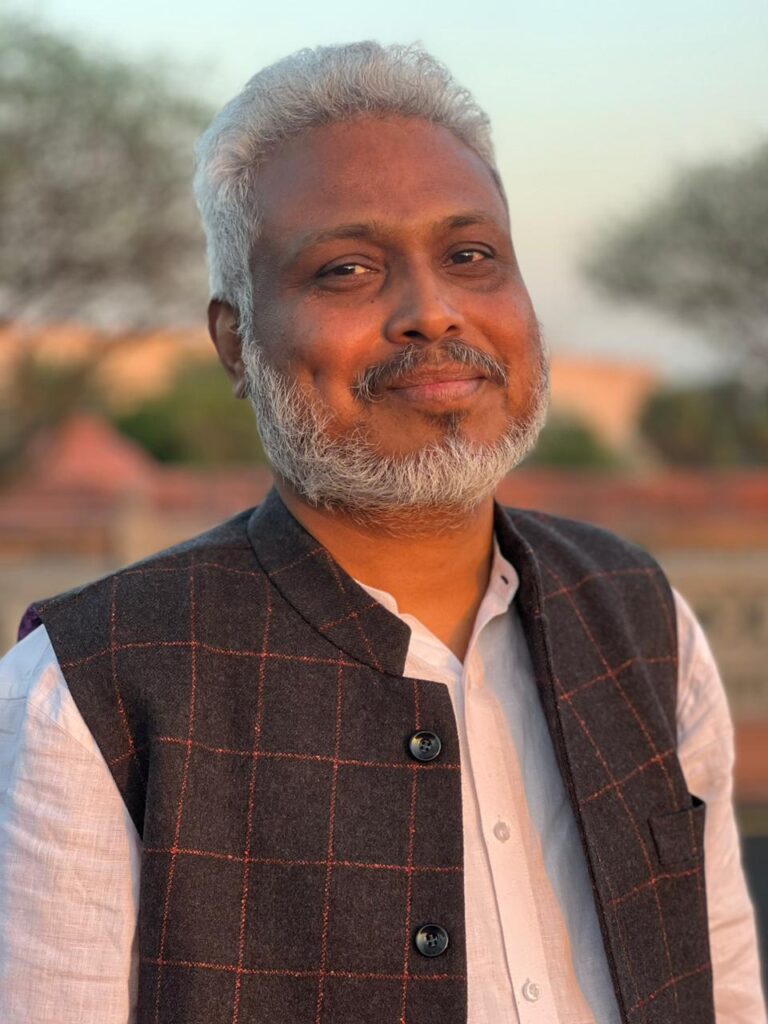
The Supreme Court of India has finally dismissed the pending cases seeking the removal of the words ‘socialism’ and ‘secularism’ from the Preamble of the Constitution. Right before the celebrations of the Constitution Day, the division bench headed by Chief Justice Sanjeev Khanna and Justice Sanjay Kumar delivered the verdict, which is significant for several reasons. In the Indian context a couple of highly charged political terms, socialism and secularism, were redefined again. Although the apex court dismissed the petitions, the verdict is relevant in the present scenario and bears its own historical significance.
The apex court heard arguments patiently to remind the dignity of the British court. The petitioners Balaram Singh, Subramaniam Swamy and Ashwini Kumar Upadhyay were to be satisfied with this much. Moreover, Dr Swamy and his friends have been entitled to remember the spirit of Justice H.R. Khanna who was known to take a stand against Indira Gandhi’s dictatorship since the days of Emergency.
These two adjectives, socialism and secularism, were added to the Preamble of the Constitution as a result of its 42nd amendment on 2nd November 1976 during the Emergency. This reminds one of the darkest periods in the history of Indian democracy which was prolonged from 25th June 1975 to 21 March 1977. During this period, duties were further added to the same rule book that fundamentally guaranteed the rights of its subjects.
The fifth Lok Sabha came into existence in March 1971. Its natural five-year term was scheduled to end in March 1976. The petitioners believed the 42nd Amendment was ultra vires due only to this reason. However, the sixth Lok Sabha didn’t consider it necessary to change it before the 44th Amendment Act of 1978 (which reversed the provision made by the 42nd Amendment Act that allowed the government to amend the Constitution on its wish by Article 368 and also removed the Right to Property from the list of Fundamental Rights), during the Morarji Desai-led Janata Party government.
The apex court has also validated now that amendment and redefined both terms with its Indian context.
The word ‘socialism’ reflects economic and social upliftment goals and the other term ‘welfare state’ is being used to define it in India as a synonym. Trade, commerce and private entrepreneurship are categorised in the Constitution under Fundamental Rights. Here ‘secularism’ does not mean being against religion but refers to the citizen’s right to equality. The apex court has further considered it woven into the basic fabric of the Constitutional scheme.
The total strength of 299 members of the Constituent Assembly came together to prepare the Indian Constitution in 2 years, 11 months and 17 days. Unlike dogmatic texts of different sects, the Constitution of India has proved to be one of the dynamic documents, since they had prescribed how to amend it to stay tuned with the time. As a result, 106 amendments have been made so far to keep pace with the development. The Constitution was adopted on 26th November 1949, and the day used to be celebrated as Justice Day until 2014. Thereafter the government started with great pomp its celebrations as the Constitution Day in 2015. Since then the Narendra Modi government at the Centre has been reaffirming its commitment towards Constitutional values. The opposition parties, however, accuse the government of disrespecting the Constitution and democracy.
In the debates of the Constituent Assembly, there was a reference to socialism and secularism. None of these terms did not find their place in the Preamble then. Communist Party leader Hasrat Mohani, who was a member of the Constituent Assembly, had proposed to name India as U.I.S.R. (Union of Indian Socialistic Republics) on the lines of the Union of Soviet Social Republics (USSR), during the debate on the preamble on 17th October 1949. As such the term Socialist was proposed to be incorporated in the Preamble. The discussion on the issue of secularism was also a part of the debate on the same day. The Constituent Assembly debated to add ‘God’ and ‘Gandhi’ in the Preamble before but rejected them. As such the introduction of secularism was also discussed by its makers.
The Constitution of India is one of the attempts to establish the nation as a democratic republic. It advocates not to impose the rule of the majority on its minorities. It provides for freedom of thought, expression, belief, faith and worship along with social, political and economic justice. The idea of promoting brotherhood among all citizens along with ensuring the dignity of citizens and unity of the nation, is also embedded in it.
Now the apex court has made an important contribution to the Constitution by interpreting its Preamble.
*Kaushal Kishore is the author of The Holy Ganga, Rupa 2008. The views published here are personal.
Image by Venita Oberholster from Pixabay






